Making an impact…..
The last fortnight has seen two particularly notable occasions where we have come together with our local partners to talk about how our work together makes, or will make, a significant economic impact on Coventry, Warwickshire and the West Midlands.
The first occasion was on Monday 12th November 2018 when it was announced at the Coventry and Warwickshire Automotive Dinner in Warwickshire’s Coombe Abbey Hotel that we would be working with Jaguar Land Rover to establish a new multi-million-pound ‘Smart City Mobility Centre’. The new Centre will create ground breaking driverless and electric vehicle technology on our Wellesbourne campus. Our agreement with JLR will see 5G technology deployed on campus alongside prototype autonomous vehicles, with a plan to begin in 2019. When successful, this will allow us to move fully to autonomous vehicles on campus, and away from such reliance on petrol driven, single occupancy cars.
Then just over a week later Dr Ralf Speth CEO of Jaguar Land Rover and an Honorary Professor of WMG, joined with Andy Street CBE Mayor of the West Midlands, Abdul Khan Deputy Leader of Coventry City Council, Chancellor Baroness Cathy Ashton and myself for our Chancellor’s Dinner, to hear the very latest regional economic impact figures for the University.
The location of the dinner, the home of National Automotive Innovation Centre, was certainly impressive, displaying a very explicit and solid example of our campus economic impact in our region.
While sitting in that striking building, we were presented with some very impressive numbers from the latest analysis of the University’s economic impact on our city, county and region which have been covered by the Coventry Telegraph:
- Warwick’s overall economic impact in the West Midlands is now almost £1 billion a year
- As well as employing over 6,640 staff our university sustains a further 9,245 additional jobs in the West Midlands. 86% of The University of Warwick’s staff live in the West Midlands with 42% in Coventry and 21% in Warwick District
- Warwick’s 5,000 international students contribute £250 million per annum to the region
- Warwick Science Park supported 354 businesses, and Warwick Business School and WMG supported hundreds more
- 29% of Warwick’s UK undergraduate intake are from the West Midlands
- 84% of Warwick’s Newly Qualified Teachers secured employment teaching in Midlands schools
An impressive building, and some impressive numbers. However what made the biggest impression on me was the testimony of one young engineer. Omeah Hancox told us about her experience as a pupil at the WMG Academy for Young Engineers in Coventry, and how that opportunity has now led to her joining Jaguar Land Rover as a young engineer. To see the impact of our partnerships personified in this way was a memorable moment. You can watch the video that was shown on the evening here.
That moment reminds me and should remind us all that the positive impact we have on our region shouldn’t just be measured in pounds, shillings and pence. People make a difference and often these people are our own students and graduates and not just because of what they studying or researching. For instance, more than 1000 Warwick students volunteer and last year they devoted 12,618 volunteer hours in community focused projects in Coventry, Leamington, Kenilworth and Warwick.
Warwick was first established as a University because a great many community leaders, policy makers and businesses in Coventry and Warwickshire came together to campaign for its establishment and donate the funding and land to establish it. They believed that Warwick would be a major contributor to the economy, culture and life of the City and the County. They were proved right, and it is the impressive work and dedication of a great many individual Warwick students and staff that delivers that proof each and every day.
There was one more important highlight to the evening. On behalf of Coventry City Council, Abdul Khan announced that the Council has asked the University to rename part of University Road, Lord Bhattacharyya Way. I was then able to share that Lord Bhattacharyya Way would lead to the Lord Bhattacharyya Building. The Lord Bhattacharyya building, home of The National Automotive Innovation Centre (NAIC), a £150 million partnership between WMG at the University of Warwick, Jaguar Land Rover and Tata Motors European Technical Centre (with £15m from what was the UK Government’s Higher Education Funding Council England). The National Automotive Innovation Centre will be a beacon for automotive research bringing together the brightest minds from industry and academia, to develop future automotive technology. This announcement and the Chancellor’s Dinner was not the formal opening of the Lord Bhattacharyya Building or NAIC, that is to come, but the evening was an opportunity to recognise the enormous contribution of Professor Lord Kumar Bhattacharyya to the University, the City, the region, and to the automotive industry, particularly Jaguar Land Rover and Tata Motors.
It's the individuals who make up every institution who truly make an impact. That evening marked the spectacular impact of Professor Lord Kumar Bhattacharyya, but it also marked just the very beginning of all that will be achieved by Warwick’s current students, and the pupils of WMG Academy for Young Engineers in Coventry such as Omeah.
best wishes

 Execblog Resource
Execblog Resource

 Please wait - comments are loading
Please wait - comments are loading

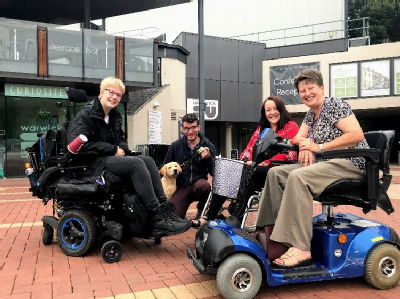
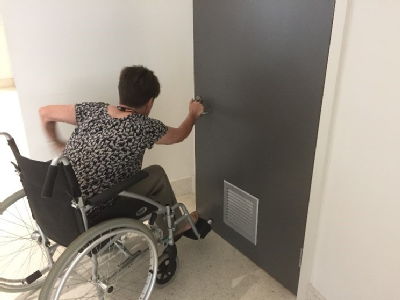
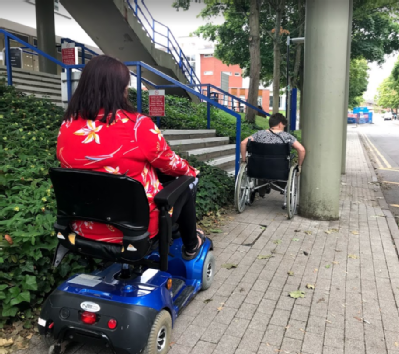
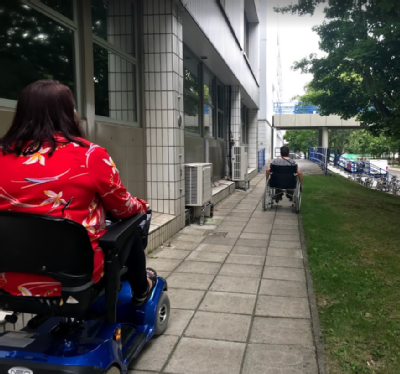


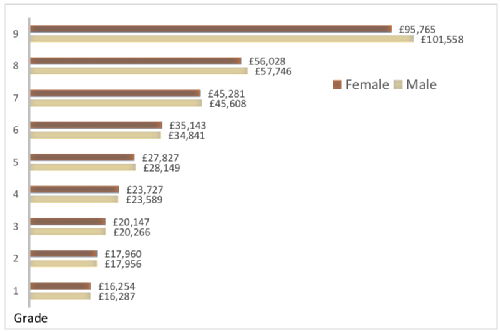

 Loading…
Loading…

